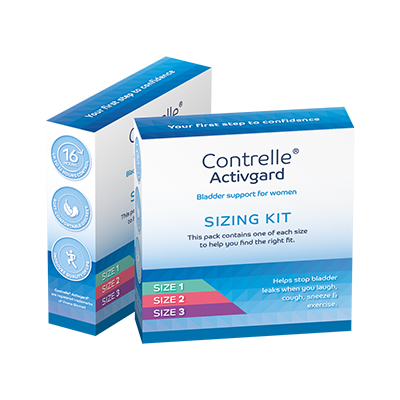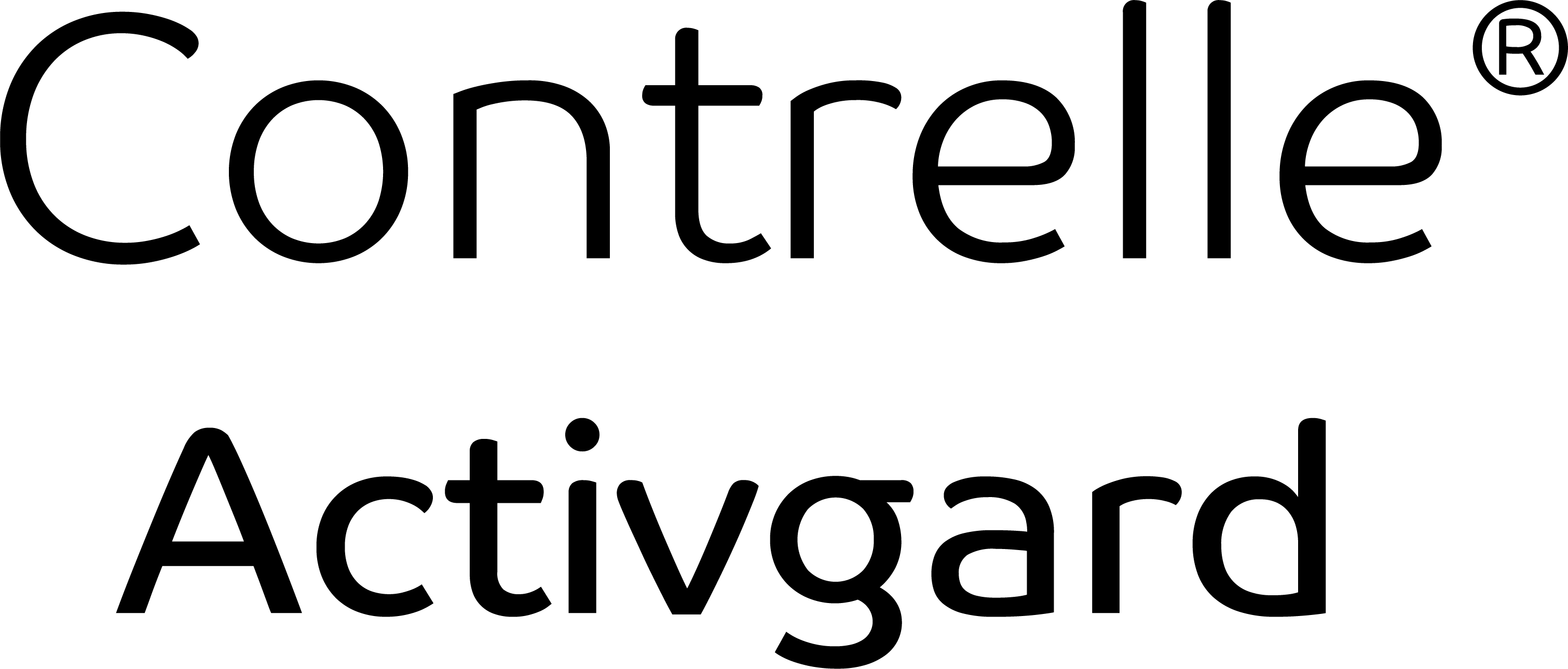We use cookies to make your experience better. To comply with the new e-Privacy directive, we need to ask for your consent to set the cookies. Learn more.
World Continence Week 21st - 27th June 2021: NHS announces the launch of a new pelvic health service
World Continence Week 21st - 27th June 2021: NHS announces the launch of a new pelvic health service
The Review Studio UK
Guest Review by: The Review Studio UK
In time for #worldcontinenceweek on the 21st - 27th June, the NHS has announced that it will be launching a new pelvic health service to treat incontinence and pelvic floor issues amongst the seven million women in the UK who suffer from the condition. Loosely modelled on the French system, this service will gather specialists like midwives, and physiotherapists under one roof with the aim to treat, educate and prevent the issue, particularly amongst pregnant and post-natal women.
During the same week, an innovative piece of FemTech, Contrelle, is also been re-released to the UK. The device can be used alongside pelvic floor exercises to manage the cause of Stress Urinary Incontinence (SUI) amongst women of all ages. Instead of treating the symptoms with uncomfortable, bulky pads or liners, this nifty product works by lifting the bladder neck and urethra, via a soft, foam bladder support inserted into the vagina. Contrelle has been well-received in Scandinavia for the past 10 years.
Stress urinary incontinence (SUI) is an unfortunate reality for mums, affecting those who have just given birth for the first time as well as those who have had multiple children, with roughly a third affected for up to a year after giving birth.
Specialist Women’s Health and Pelvic Physiotherapist Maria Elliott says, “It is very common for women to experience some incontinence issues after giving birth. These may disappear within a few weeks following delivery, but if you are still experiencing leaks when you have your postnatal checks at about 6 to 8 weeks, tell your doctor, or ask your health visitor, midwife or physiotherapist for advice and options for treatment. It isn’t just something that you should accept as a normal part of being a mum”.
The condition can impact a women’s mental, physical, psychological and social wellbeing. In fact, the link between anxiety and depression with incontinence is incredibly high, so much so that one study found that incontinence doubles the risk of postpartum depression in women. Despite being so common though, the condition remains a taboo subject and few women feel able to discuss it with friends or family, even their partner.









